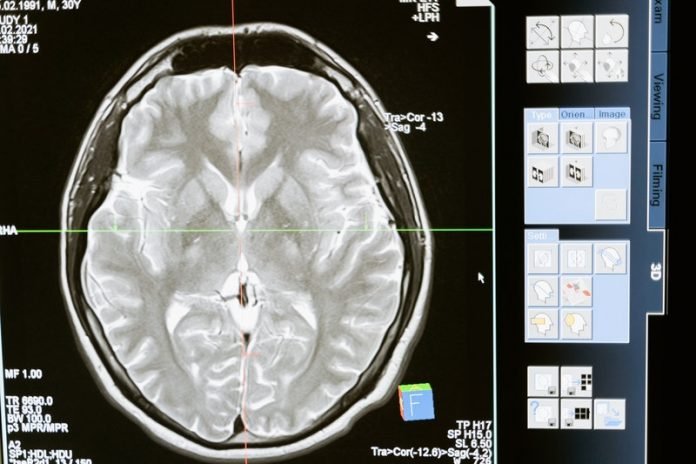
In a recent study from Memorial Sloan Kettering, researchers found an underlying cause of the COVID brain: the presence of inflammatory molecules in the liquid surrounding the brain and spinal cord (called the cerebrospinal fluid).
The findings suggest that anti-inflammatory drugs, such as steroids, may be useful for treating the condition.
The study is published in the journal Cancer Cell. One author is Jessica Wilcox.
One of the dozens of unusual symptoms that have emerged in COVID-19 patients is a condition that’s informally called “COVID brain” or “brain fog.”
It’s characterized by confusion, headaches, and loss of short-term memory. In severe cases, it can lead to psychosis and even seizures. It usually emerges weeks after someone first becomes sick with COVID-19.
The medical term for COVID brain is encephalopathy. It is a side effect in patients who are receiving a type of immunotherapy called chimeric antibody receptor (CAR) T cell therapy, a treatment for blood cancer.
The study focused on 18 patients who were hospitalized with COVID-19 and were experiencing severe neurologic problems.
The patients were given a full neurology workup, including brain scans like MRIs and CTs and electroencephalogram (EEG) monitoring, to try to find the cause of their delirium.
When nothing was found in the scans that would explain their condition, the researchers thought the answer might lie in the cerebrospinal fluid.
The team devised a test to detect the COVID-19 virus in the fluid. Thirteen of the 18 patients had spinal taps to look for the virus, but it was not found.
They found that these patients had persistent inflammation and high levels of cytokines in their cerebrospinal fluid, which explained the symptoms they were having.
The team says the inflammatory markers found in the COVID-19 patients were similar, but not identical, to those seen in people who have received CAR T cell therapy (therapy for brain cancer).
The initial inflammatory response with CAR T cell treatment is very similar to the reaction called cytokine storm that’s often reported in people with COVID-19.
With both COVID-19 and CAR T cell therapy, the neurologic effects come days or weeks later.
If you care about COVID-19, please read studies about this health problem is the leading risk factor for COVID-19 hospitalization and findings of these people 7 times as likely to have severe COVID-19.
For more information about COVID-19 prevention and treatment, please see recent studies about how this common drug may reduce death risk in severe COVID-19 and results showing that this old drug could prevent lung damage in people with COVID-19.
Copyright © 2021 Knowridge Science Report. All rights reserved.



